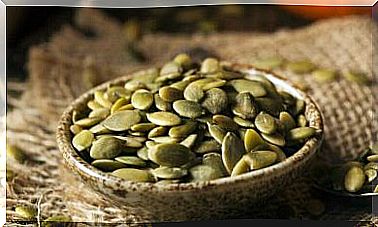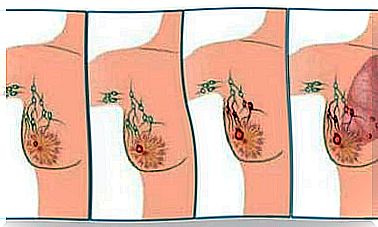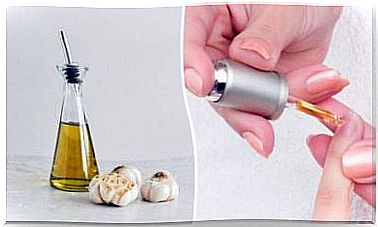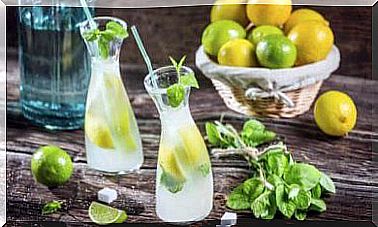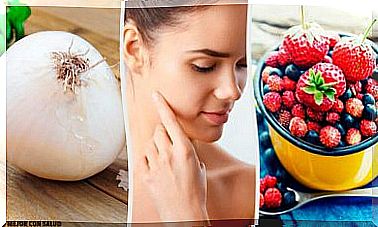Healthy Blood With These 5 Foods
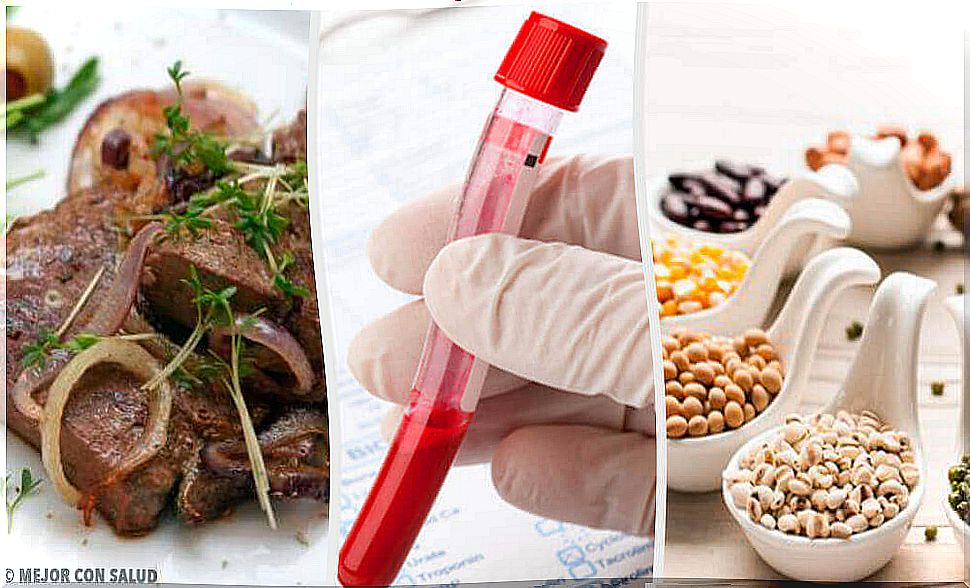
How can you improve the quality of your blood and get generally healthy blood? Let’s start with the definition of blood, a fluid connective tissue that flows through the capillaries, veins, arteries, heart and ventricles of all vertebrates. The red color is caused by the presence of a hemoglobin pigment that contains erythrocytes, also called red blood cells.
Healthy blood has a fairly thick, opaque consistency with a metallic taste. However, the color can vary: from scarlet red, which is a sign of high oxygen content, to dark red, with low oxygen content. The average pH of blood is 7.35 to 7.45. The temperature of healthy blood is 38°C – slightly higher than body temperature.
What is in healthy blood?
- Nutrients
- Hormones
- Antibodies
- Oxygen
- carbon dioxide
- Electrolytes
- Vitamins
- Warmth
Where is it created?
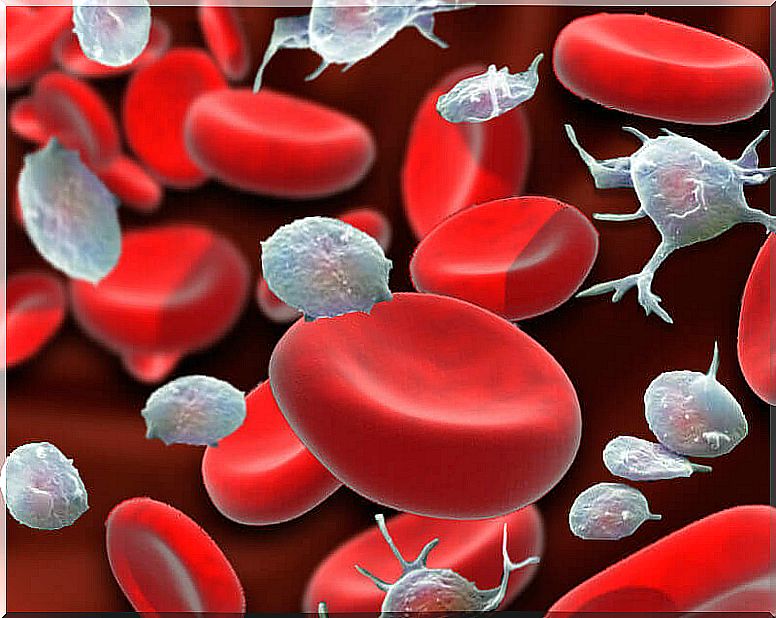
Blood cells are produced in the bone marrow, the spongy tissue found in some bones of the body, such as the hipbone, breastbone, or bones in the skull.
The human body contains about 4.5 to 6 liters of blood. 55% of the blood consists of plasma. The liquid part is made up of water, mineral salts and proteins, while the remaining 45% is made up of red blood cells, white blood cells and platelets.
How can I start a healthy diet?
- Eat vegetables that are low in starch, such as tomatoes, carrots and spinach. It is recommended not to eat too many potatoes, although you should not completely eliminate them from your diet.
- Choose healthy proteins, such as lean meat, chicken, turkey and fish. Try to avoid red meat as much as possible. In particular, meat products such as bacon or sausage.
- Whole foods are always a good choice. Whole grain rice, pasta and bread are healthier than the white varieties because of their fiber content. These foods ensure that blood sugar levels rise slowly and that we are full more quickly.
- Use vegetable oils. Olive oil or canola oil are good options for flavoring food. On the other hand, do not use butter, as it contains too much saturated fat.
- Avoid sugary drinks, such as juices, soft drinks, or iced tea. It is best to drink water, to which you may have added some fruit.
Which vitamins and minerals are in healthy blood?
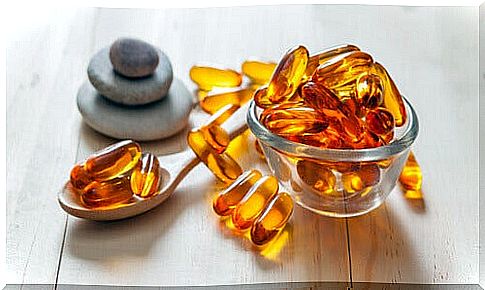
- Vitamin E: important for the most resistant red blood cells.
- Iodine: Contributes to the production of red blood cells and platelets.
- Vitamin C: promotes the absorption of iron.
- Zinc: involved in the formation of lymphocytes.
- Vitamin K: contributes to blood clotting.
- Cobalt: Helps in the production of hemoglobin and red blood cells.
- Copper: makes iron available for the production of red blood cells.
- Iron: Essential for the production of hemoglobin, which ensures that oxygen reaches the cells of the body.
- Vitamin B12: aids in the maturation of red blood cells.
- Folic acid: contributes to the maturation of erythrocytes and leukocytes.
Recommended foods
Liver
Liver is rich in vitamin A and, thanks to its antioxidant properties, helps to improve the skin. But due to its high iron content, liver also helps to increase hemoglobin production. And if that weren’t enough, it’s also low in fat and provides folic acid, which supports proper cell division.
Eggs
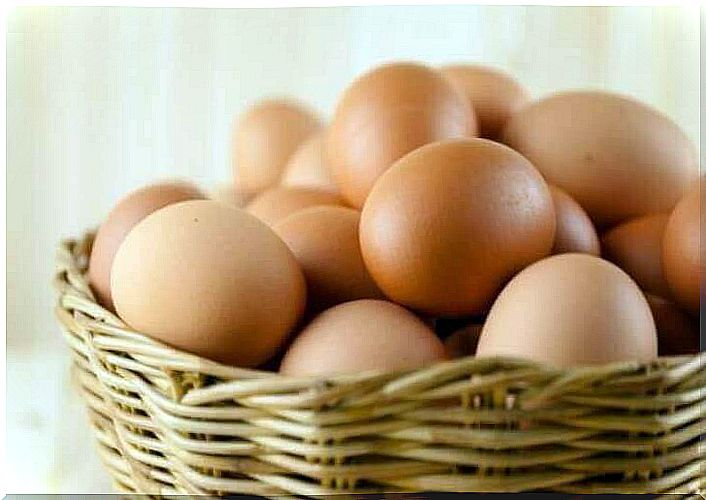
As long as you are not allergic or intolerant to eggs, it is a good idea to include them in your diet on a regular basis. Eggs are a great source of protein, minerals and vitamins, which contribute to healthy blood. In particular, the egg yolk is beneficial. Since it contains a lot of lecithin, which helps to remove fat from our blood vessels. In addition, it contains choline, which improves the nervous system.
In addition, eggs provide the body with vitamins A, D and E, as well as minerals such as iron, zinc, selenium, phosphorus and folic acid. These nutrients are all essential for healthy blood and a healthy body.
Vegetables
Vegetables are especially great for people who don’t eat meat. They help to balance the absorption of nutrients. This is especially true for vegetables that are high in protein. But they also provide carbohydrates, fiber, B vitamins and minerals such as iron, magnesium and potassium.
nuts
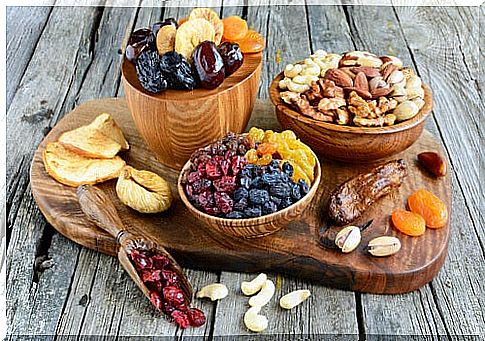
Although nuts are quite high in calories, they also provide the body with important nutrients. The key is to eat them in moderation. Because nuts are rich in healthy fats and omega-3 fatty acids, they are very beneficial to keep your blood healthy.
In addition, they provide a variety of vitamins and minerals, such as potassium, magnesium, phosphorus, vitamin E and vitamin B complex.
potatoes
Potatoes act as a fuel that the body needs to produce energy. They are rich in vitamin B, folic acid and minerals. In addition, they also provide the body with flavonoids, which protect it against cardiovascular disease and lower bad cholesterol levels.
The B vitamins in potatoes help to protect the arteries. Vitamin B6 in particular is beneficial in this case. This vitamin can help to lower homocysteine levels. Homocysteine is a chemical compound that contributes to inflammation of the arteries.
So, when are you going to start taking the right steps toward healthy blood?


